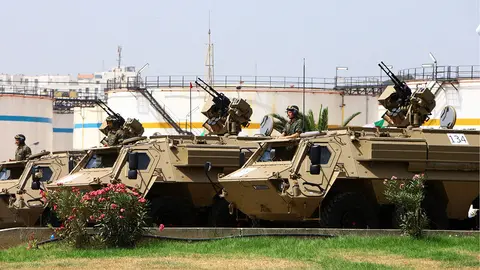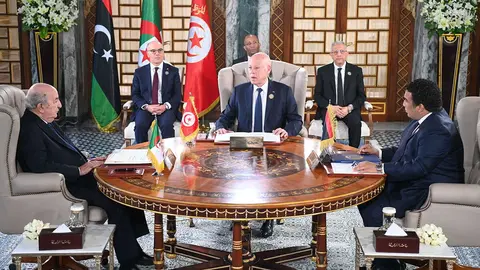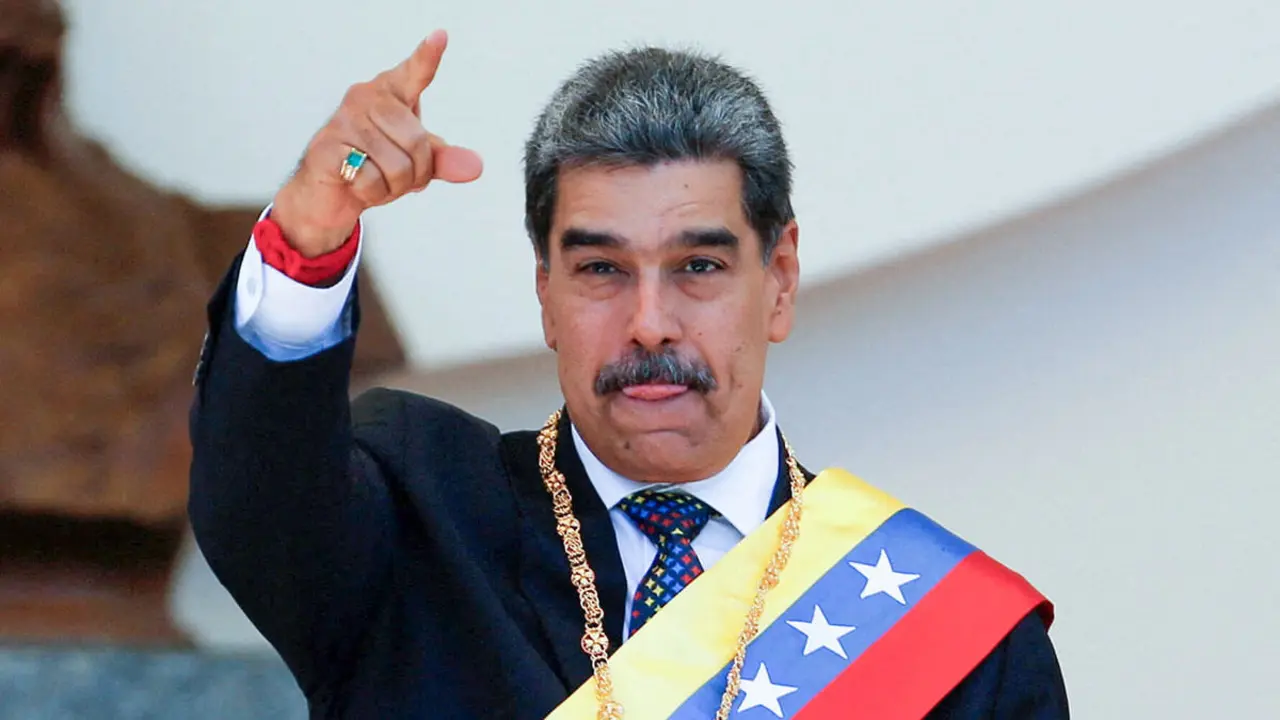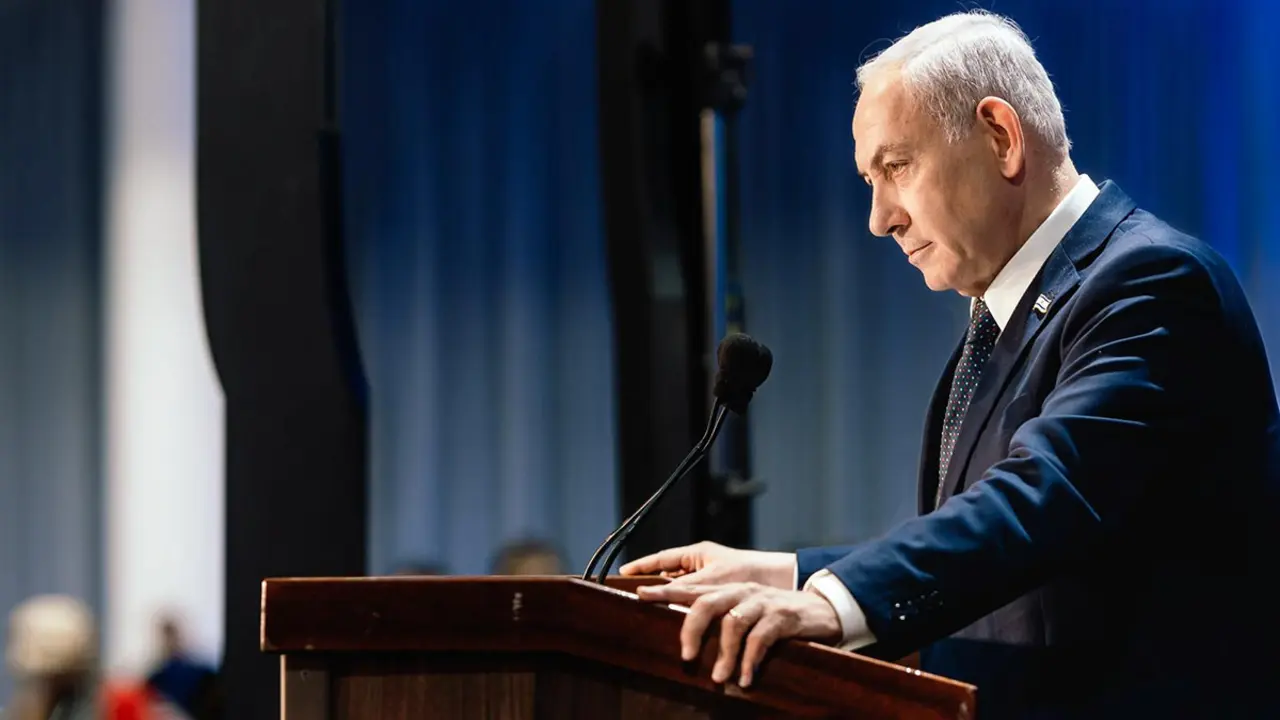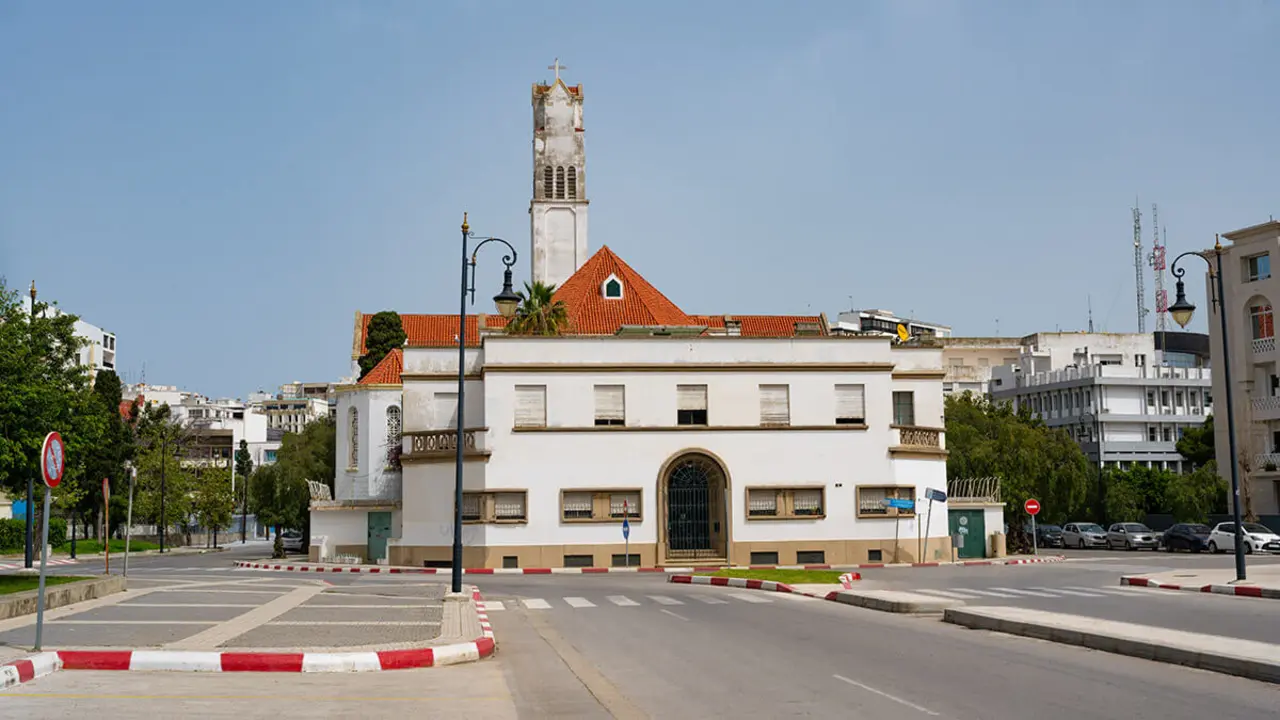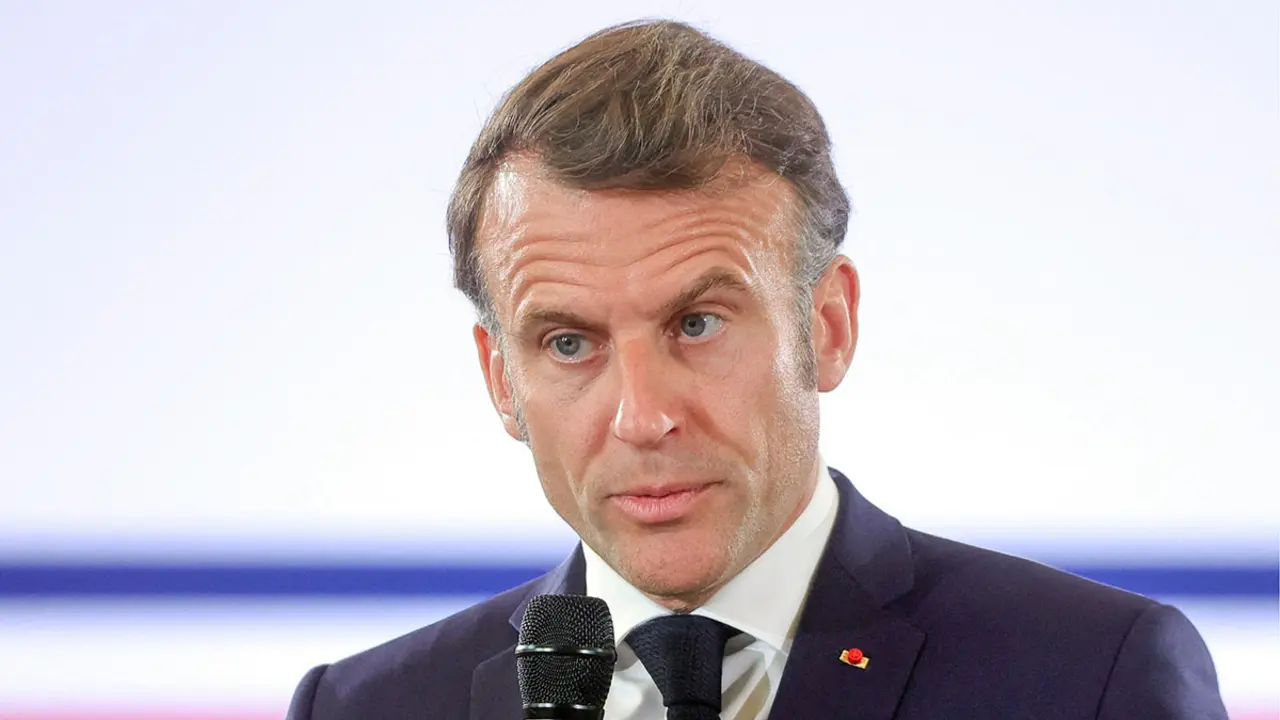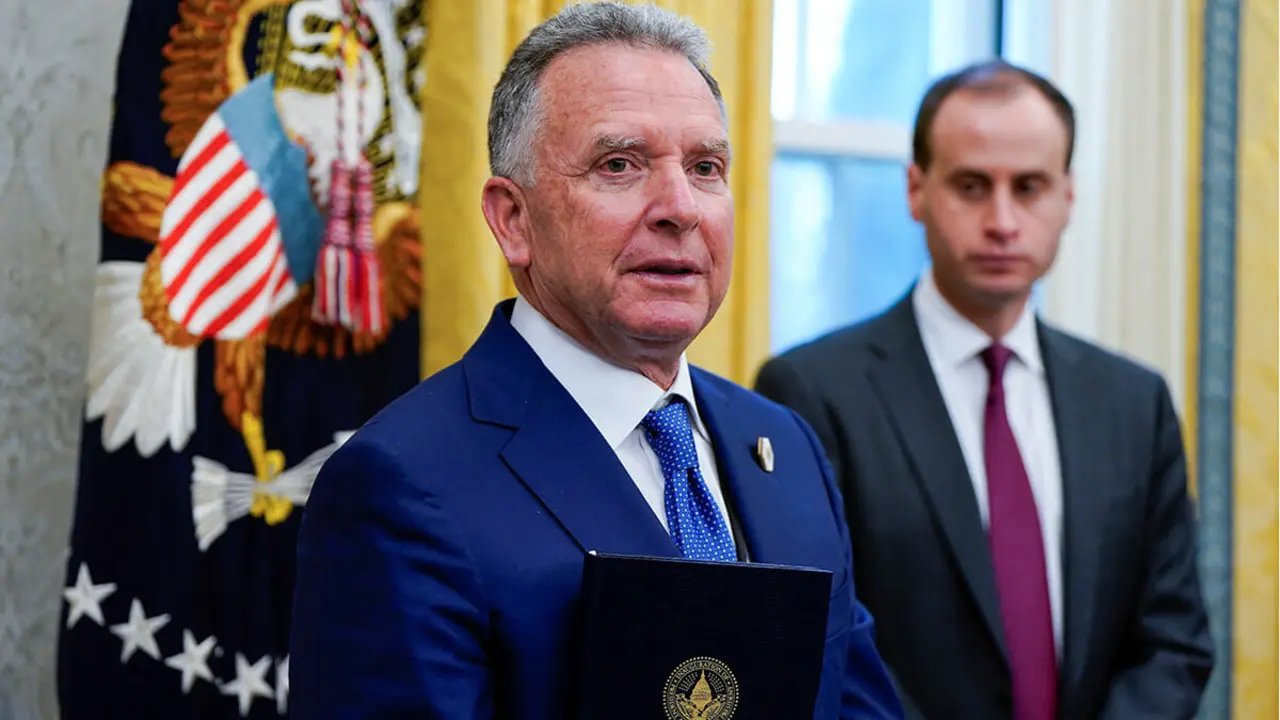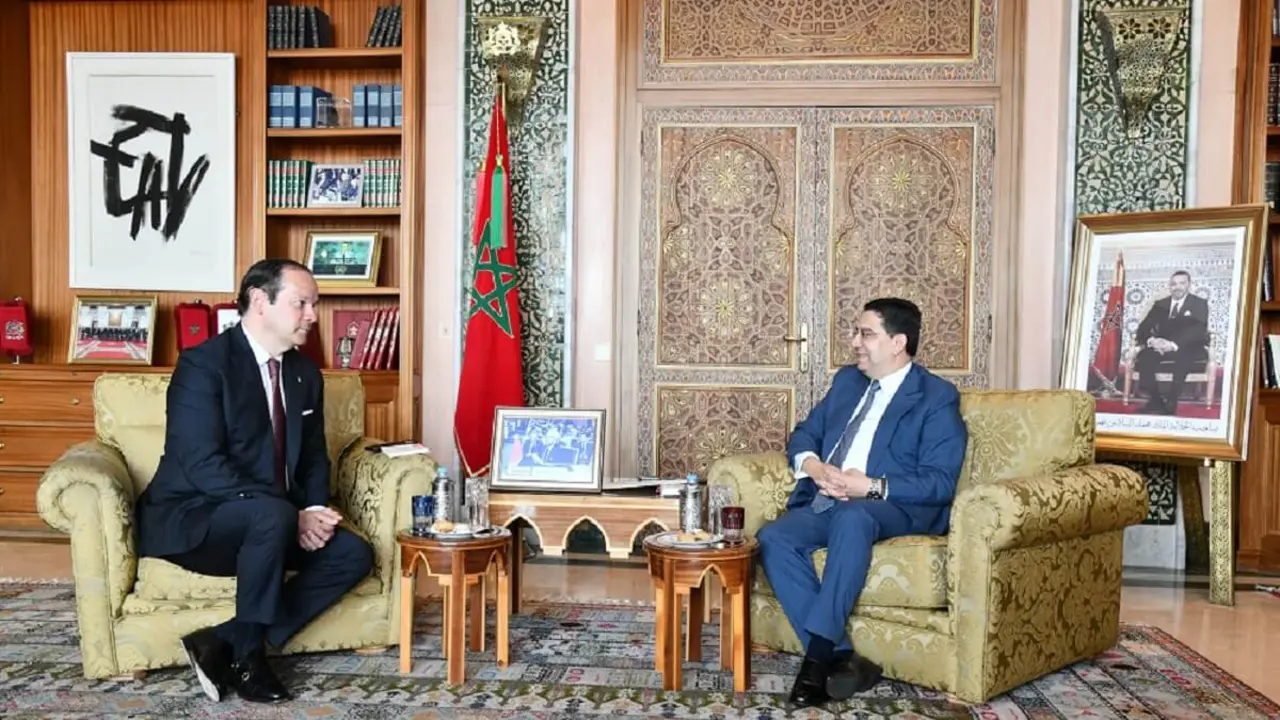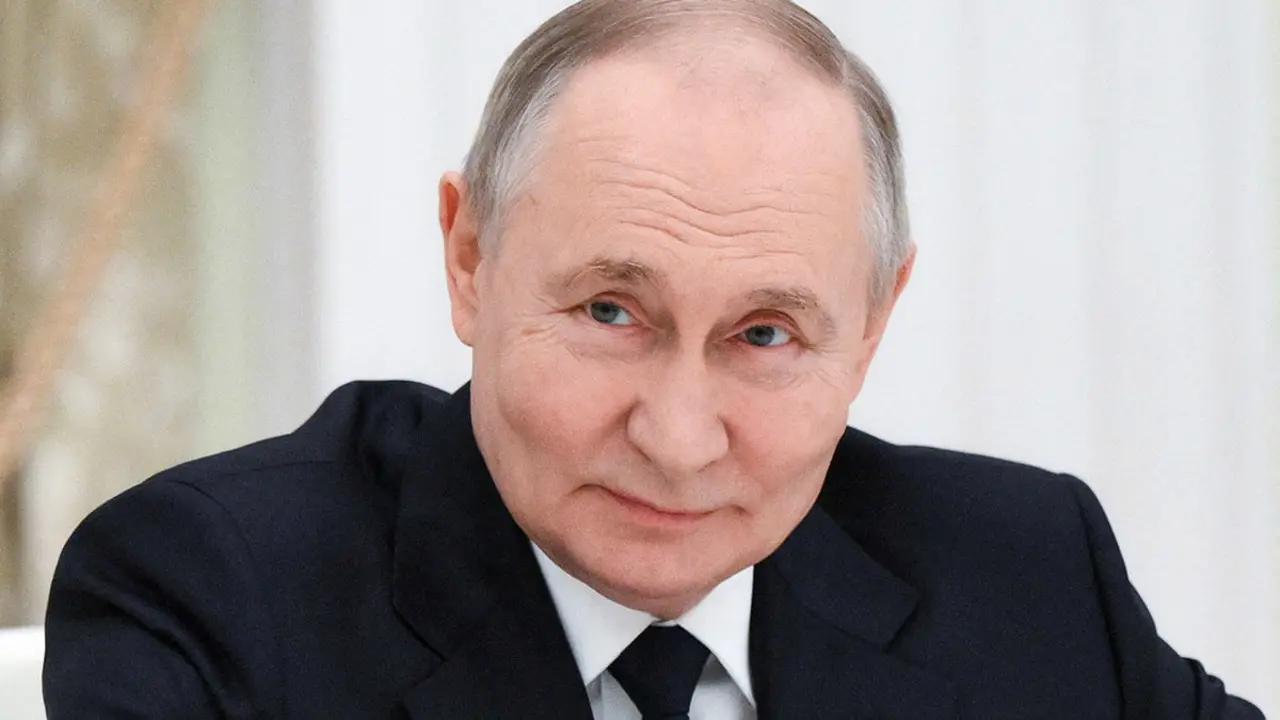Escalation of tensions between Algeria and Morocco in the digital realm
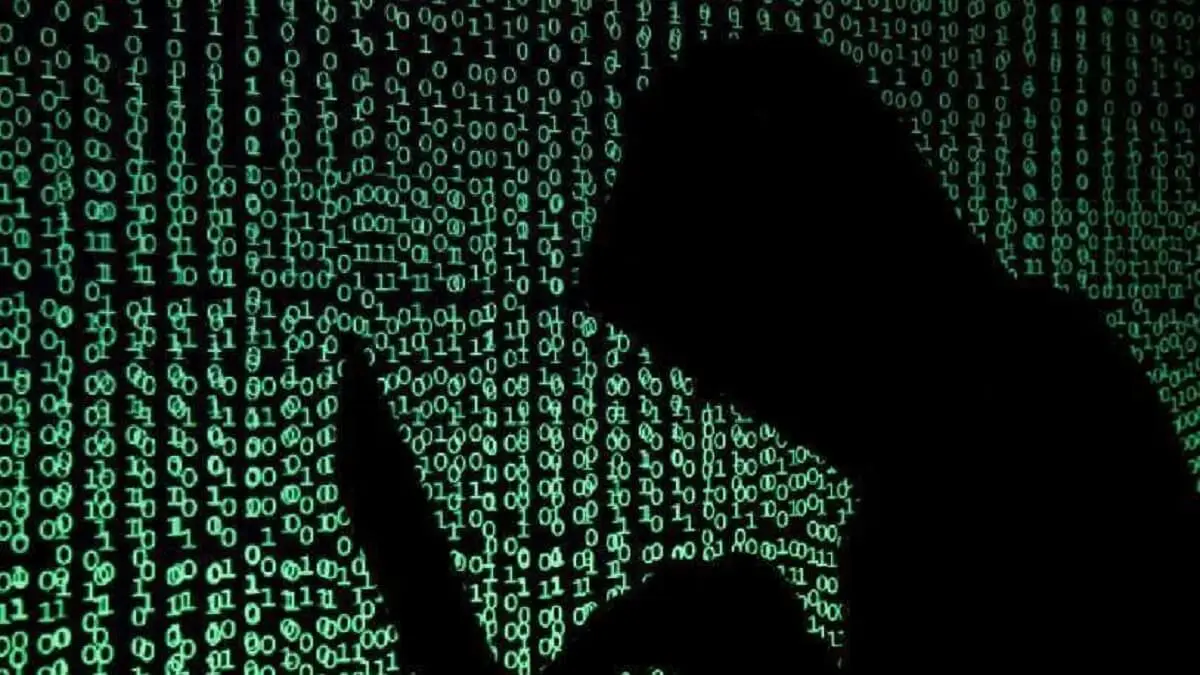
In a new twist in the already tense relations between Algeria and Morocco, the diplomatic confrontation has given way to a new scenario: cyberspace. The recent wave of cyberattacks, together with a polarised media narrative, is evidence of a dangerous radicalisation of the disputes between the two Maghreb countries.
The most recent spark in this digital confrontation was the cyberattack that targeted Morocco's National Social Security Fund, where confidential documents were leaked, sparking a major national controversy. The compromised data revealed figures related to salaries in state-funded private companies, reigniting debates about economic fairness and transparency in Morocco.
This act was claimed by Algerian hackers, who also received public praise from media outlets aligned with the Algerian government. Journalists from state channels even described the attack as an ‘achievement’, crossing ethical and legal lines that international cybersecurity experts have strongly condemned. Such media support for a criminal act represents a flagrant violation of international law, which prohibits and penalises computer piracy.
In the face of this scenario, the response was swift. Young Moroccans hacked into the Algerian Post Office and released its internal data, thus intensifying the exchange of cyber-blows. This retaliatory dynamic is reminiscent of a recent case between Algeria and Mali, where Malian hackers backed by Turkey penetrated sensitive Algerian institutions in response to previous attacks by Algerian hackers.
Beyond technical acts of piracy, the role that Algerian state media is playing is of particular concern. Traditionally used to spread rumours and false news about Morocco, they have now gone a step further by actively applauding illegal actions, fostering a climate of hostility on social networks and incentivising new digital attacks.
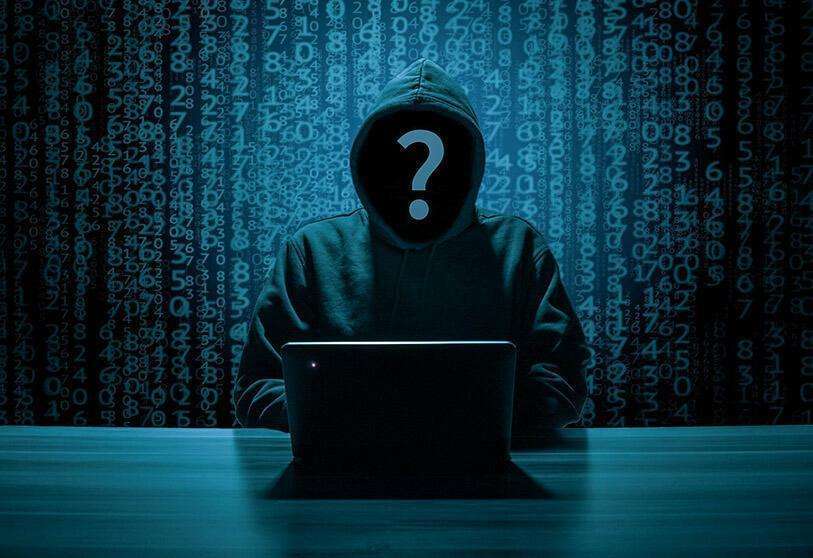
Activists have denounced this attitude as a way of diverting public attention from other internal scandals, such as the recent shooting down of a Malian drone by the Algerian army, an event that has strained relations between Algeria and several Sahel countries.
The systematic use of propaganda by certain sectors of the Algerian media poses a serious challenge to regional stability. Algerian intellectuals and independent journalists have begun to speak out against this trend, denouncing the use of inflammatory discourse and the erosion of any semblance of professionalism in the official press.
One of the most vocal critics has been the Algerian activist Said Bensedira, who lashed out at the Algerian News Agency for its vulgar language and servility towards the regime. According to Bensedira - quoted by Al-Arab - these practices reflect the alarming decline in the standards of the Algerian press and its use as an instrument of political agitation.
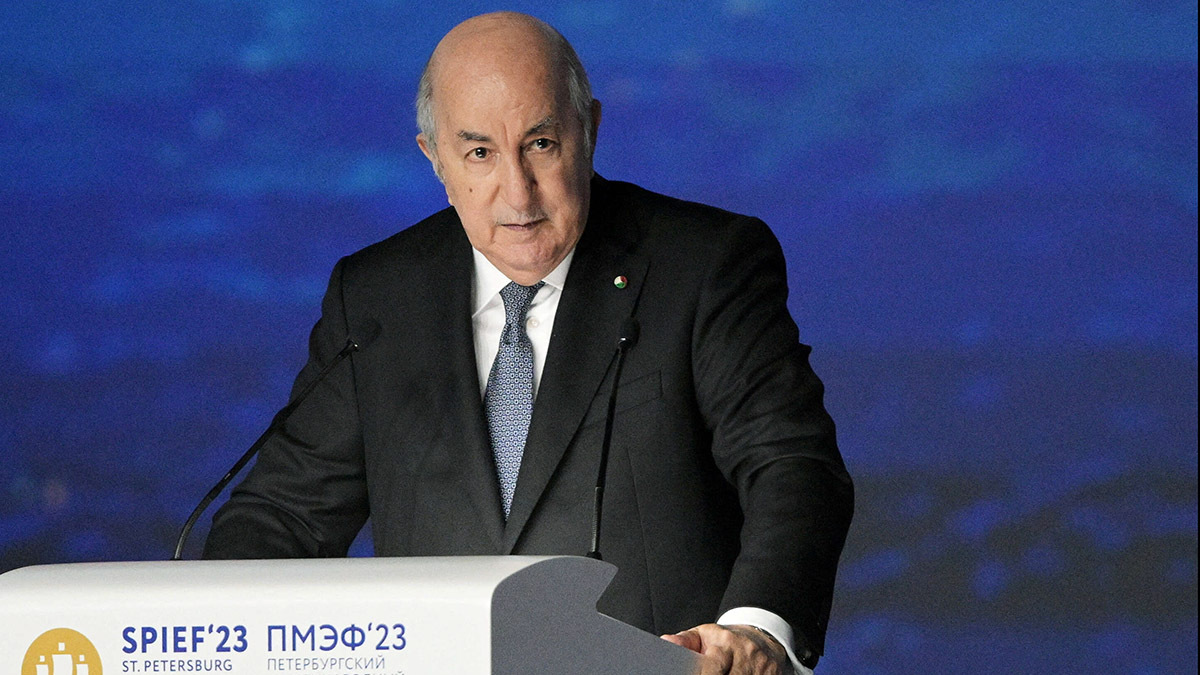
On the other hand, the community of cybersecurity experts warns that this chain of cyberattacks and counterattacks should not be taken lightly. The increasing frequency and sophistication of these operations point to a possible regional cyberwar, which could affect not only the governments involved, but also critical infrastructures, financial systems and public services.
These experts warn of a dangerous escalation of political tensions towards an uncontrolled digital conflict, also pointing to the lack of dissuasive measures on the part of international and regional organisations, which until now have not managed to hold the actors involved to account or establish clear limits in cyberspace.
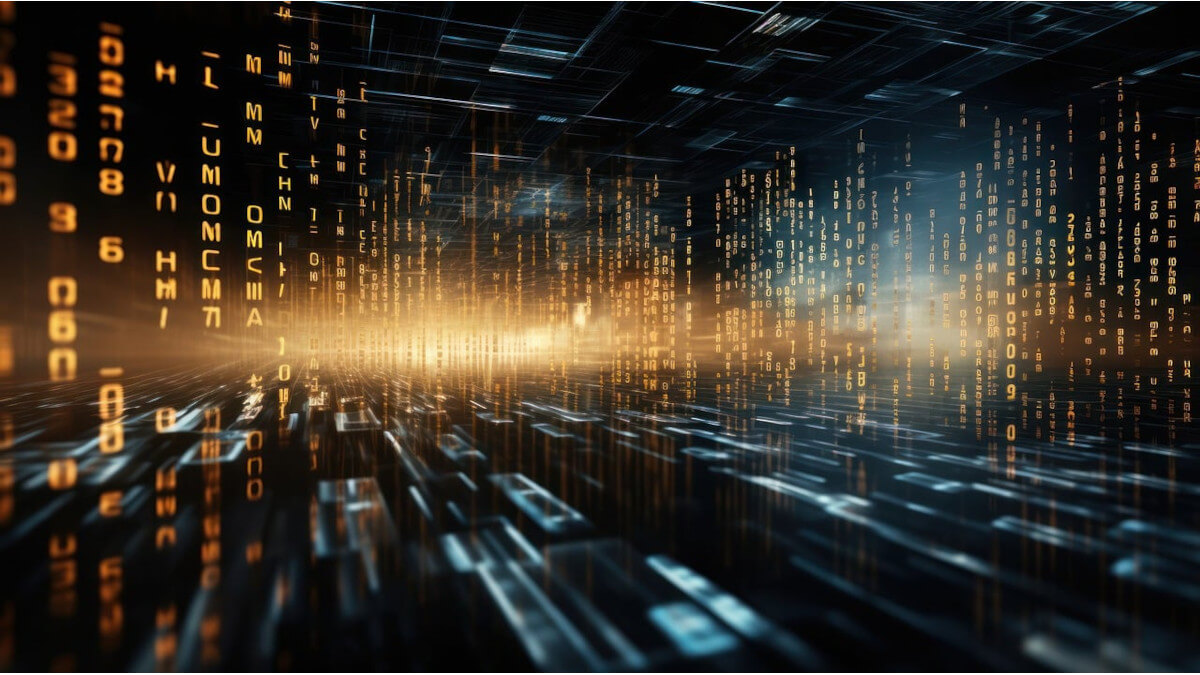
This situation also highlights the urgent need to strengthen international cooperation mechanisms in the field of cybersecurity, as well as to impose sanctions on those who promote or publicly celebrate computer piracy. The silence or indifference of the international community could be interpreted as a green light for these aggressions to continue and escalate.
The growing digital hostility between Algeria and Morocco illustrates how traditional geopolitical conflicts can be transformed into new forms of confrontation, more difficult to track and control. What is most alarming is not only the action of the hackers, but the fact that the official media legitimises and encourages these actions, masking them as acts of ‘patriotism’.

